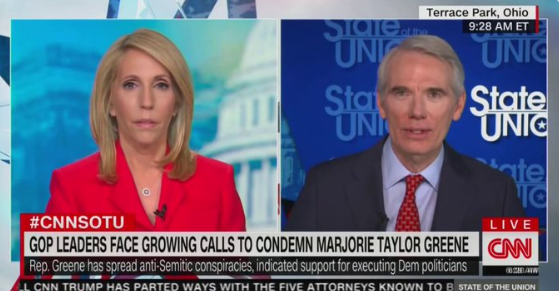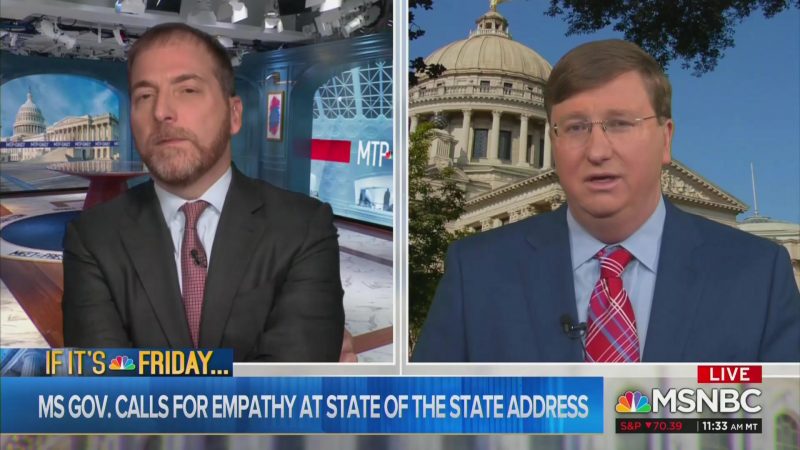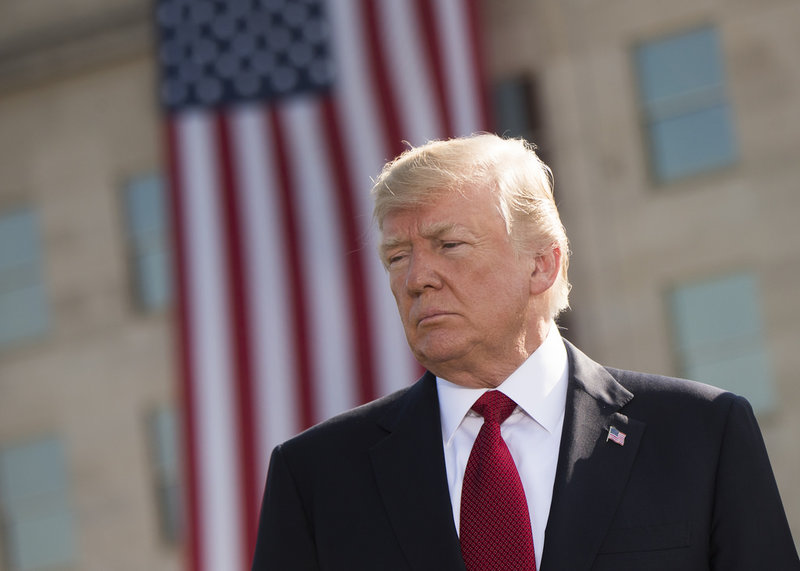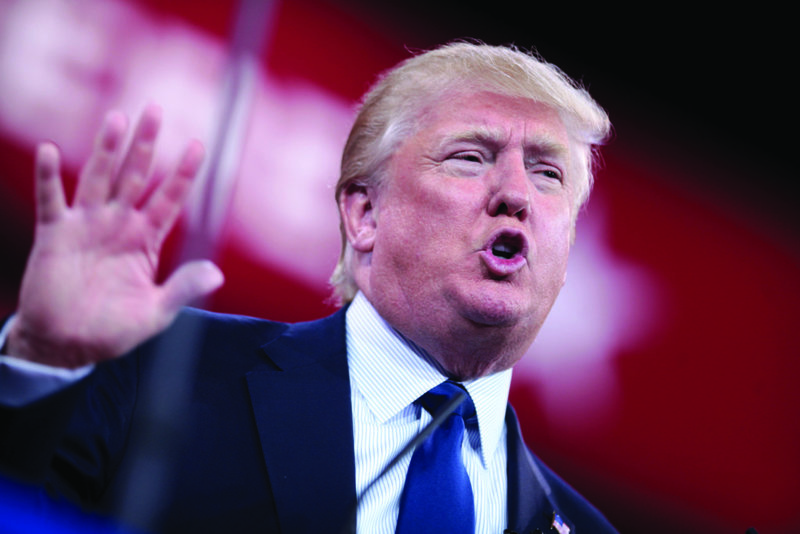In Ireland, The Constitution Bans Abortion – US Pro-Life Groups See An Example
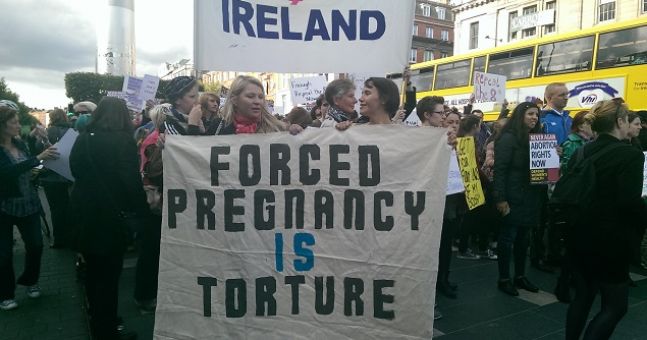
Donald Trump has called himself a ‘pro-life president,’ Vice President Mike Pence wants abortion consigned to the ‘ash heap of history’ and Trump Supreme Court nominee Neil Gorsuch has won the approval of conservatives who hope to see Roe v. Wade overturned. With Republicans now in control of every branch of government, pro-life campaigners see an opportunity to end legal abortion in the US forever.
One unlikely source of inspiration for American pro-life groups is the Republic of Ireland. Though it operates along completely different political and legal lines than the US, one aspect of Irish law wins the pro-life seal of approval: a constitutional ban on abortion.
Ireland amended its constitution to ban abortion in 1983, a measure approved by a majority of voters at the time. There is no more emotive or divisive issues in today’s Ireland than the Eighth Amendment. A large grassroots movement is campaigning to repeal the amendment, but that would require a national, popular vote. Irish and American pro-life groups want to avoid that.
As The Atlantic reported in 2013, money from American pro-life groups has poured into Ireland to defend the constitutional ban on abortion. An Irish pro-life organisation, Youth Defence, has received America funding for years. A spokesman for America’s Pro-Life Action League, Joseph Scheidler, acknowledged his group funded Youth Defence, which is known for its use of shocking and potentially misleading images. “They need the money for publicity. Abortion is about conversion and it’s very hard to convert people in masses, and that is why people like Youth Defence go out into the street,” Scheidler has said.
Pro-life organisations in Ireland are often supported by US advocates and their social media accounts sometimes have more US-based followers than Irish citizens. Many Irish pro-life groups have opposed every kind of liberalization, including landmark court cases involving minors and rape victims, and extremely limited government legislation.
Ireland is an important symbol for pro-life efforts worldwide. The country has the harshest abortion restrictions in western Europe and far less access to abortion than the United States. A constitutional amendment is very difficult to overturn, despite polls showing Ireland is less religious, better educated and more pro-choice than it was in 1983. Ireland’s main political parties are wary of putting abortion rights to a public vote. Any debate on abortion rights will be ugly and potentially divide the nation.
The pro-life movement sees Ireland as a success story and an example. Rates of illegal abortion are extremely low because most Irish women seeking abortions travel to the UK on cheap flights or boats. American women are unlikely to find that so easy. British abortion clinics are just an hour’s flight from Ireland and the cost is not prohibitive.
More importantly, Ireland’s abortion ban provides a key example for America’s pro-life campaigners. If Neil Gorsuch is successfully appointed to the US Supreme Court, a challenge to Roe v. Wade is possible. The court could overturn the constitutional right to abortion. But that won’t be enough of a guarantee for some pro-life organisations. Just like the proposed ‘defense of marriage‘ amendment, conservative Republicans, well-funded pro-life groups and religious leaders would embrace a new amendment banning abortion permanently.
As the Irish case shows, a constitutional amendment banning abortion is very difficult to reverse, even if polls show most people want change. Amending he US constitution is more complicated and difficult than the Irish system, but pro-life conservatives may now have enough power to make it happen. America’s pro-choice advocates should study Ireland if they hope to keep abortion legal.

